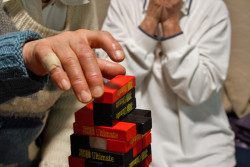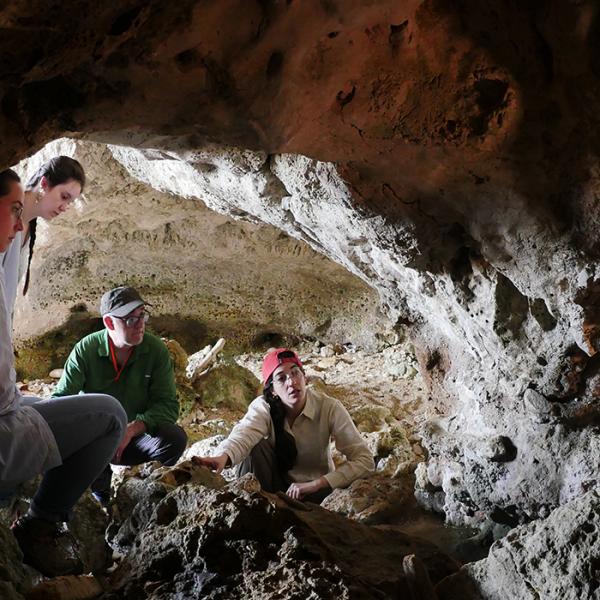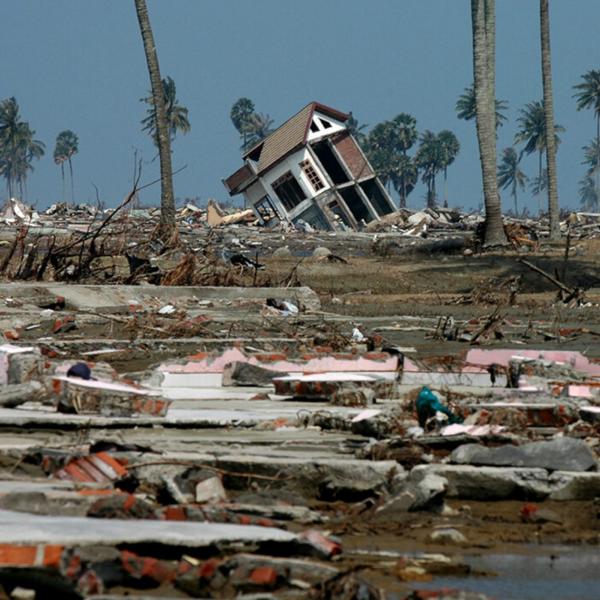Aaron Hames
 Aaron Hames focuses his research on ageing, medicalization, and the roles of institutions in Japan. Ageing populations present serious challenges to societies in the provision of care and support for their eldest members. These include increased demands on families for care at home, shortages of professional care workers and facilities, and financial strains on governmental budgets. Demographic shifts may thus effectively erode a society’s support structures for the elderly. Japan is emblematic of all these trends and has a significant population of elderly who are isolated. Although a “lonely death” is widely held as a tragic conclusion to life, it has become increasingly common.
Aaron Hames focuses his research on ageing, medicalization, and the roles of institutions in Japan. Ageing populations present serious challenges to societies in the provision of care and support for their eldest members. These include increased demands on families for care at home, shortages of professional care workers and facilities, and financial strains on governmental budgets. Demographic shifts may thus effectively erode a society’s support structures for the elderly. Japan is emblematic of all these trends and has a significant population of elderly who are isolated. Although a “lonely death” is widely held as a tragic conclusion to life, it has become increasingly common.However, these demographic and economic conditions also provide space for medical institutions to evolve and take up different roles. His dissertation examines the ways that Min-Iren, a sprawling federation of leftist medical institutions, seeks to meet elderly needs in the world’s most aged society. Premised on a democratic model of local solidarity and participation, Min-Iren institutions provide an institutional structure for participants to shape conventional medical services as well as provide for social needs. In contemporary Japan, the elderly are the central participants and drivers of Min-Iren. This translates on the ground to, in addition to conventional medical care, a variety of social clubs, volunteering, political action, and community building. A Min-Iren clinic’s third floor may double as a meeting room for staff as well as a space for the elderly to hold monthly luncheons, sing karaoke, compose haiku, and organize petition drives. Through the model of solidarity, Min-Iren revises conventional boundaries of medical institutions, effectively expanding the reach of hospitals and clinics into the social realm. At the same time, however, the leftist nature and close relationship with the Japanese Communist Party also can dye Min-Iren institutions with stigma. In some cases, neighborhoods are cleaved into competing factions with public care institutions and neighborhood associations eschewing any cooperation with Min-Iren affiliated hospitals and clinics. Aaron's dissertation traces the paths elderly individuals take as they navigate complex political, social, and medical environments in order to pursue health, a social life, and meaningful ways to spend their declining years.
This research was funded by a grant from the Japan Foundation.



